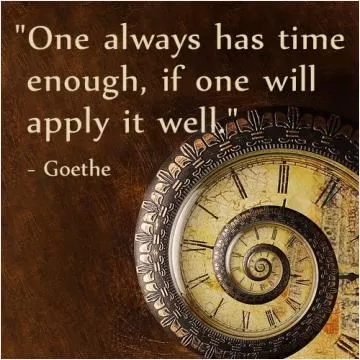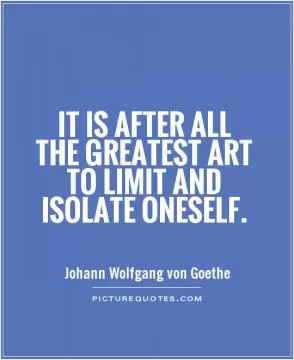I love those who yearn for the impossible

I love those who yearn for the impossible
Johann Wolfgang von Goethe, the renowned German writer, poet, and philosopher, is often associated with the idea of yearning for the impossible. Throughout his life and works, Goethe explored themes of longing, desire, and the pursuit of the unattainable. His famous quote, "I love those who yearn for the impossible," encapsulates his admiration for individuals who dare to dream beyond the confines of reality.In many of his works, such as "Faust" and "The Sorrows of Young Werther," Goethe delves into the complexities of human nature and the eternal quest for fulfillment. The character of Faust, a scholar who makes a pact with the devil in exchange for unlimited knowledge and worldly pleasures, embodies the idea of yearning for the impossible. Despite the consequences of his actions, Faust's insatiable thirst for knowledge and experience drives him to pursue the unattainable.
Similarly, in "The Sorrows of Young Werther," Goethe explores the theme of unrequited love and the pain of longing for something that can never be. The protagonist, Werther, becomes infatuated with a woman who is already engaged to another man, leading to his tragic demise. Werther's intense emotions and inability to let go of his impossible love demonstrate Goethe's fascination with the human capacity for yearning.
Goethe's quote, "I love those who yearn for the impossible," can be interpreted as a celebration of the human spirit's resilience and determination to reach beyond the ordinary. He recognizes the beauty and courage in those who dare to dream big, even if their aspirations seem unattainable. By embracing the impossible, individuals can push the boundaries of what is considered achievable and inspire others to do the same.












 Friendship Quotes
Friendship Quotes Love Quotes
Love Quotes Life Quotes
Life Quotes Funny Quotes
Funny Quotes Motivational Quotes
Motivational Quotes Inspirational Quotes
Inspirational Quotes